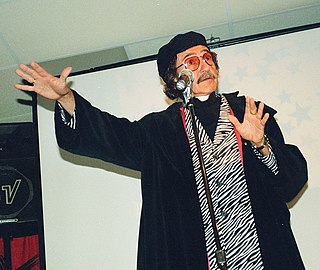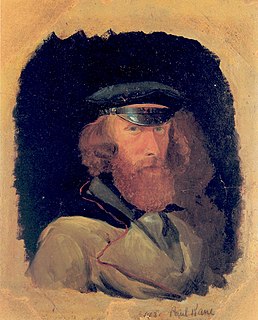A Quote by Jeanette Winterson
Related Quotes
I read one book where the characters never said anything; instead, they spent all their time grunting and bleating and hissing and cooing and growling and chirping and... It was like a menagerie in there. After a while, I wasn't even taking in the rest of the book, because that was all I could see: the dialogue tags.
My father probably taught me everything I know, aside from dialogue, which I think I get from my mom a lot more. He certainly didn't teach me everything he knew, but you know he has got this book out called "The Spooky Art," which is essentially an advanced book on writing and it's not... You know it's not ABC, but it's for people who feel that bug and know that they're writers and are willing to put in that time alone. Pretty much the vast majority of what he taught me you can find in that book.
For me music is pretty personal. I generally listen to it alone, and I've never been a lover of concerts. So I don't think I really bond with other people over music. That's not unique to music for me, either. I feel that way about film, television, art, everything. I read a book alone, so why wouldn't I listen to music alone?






































